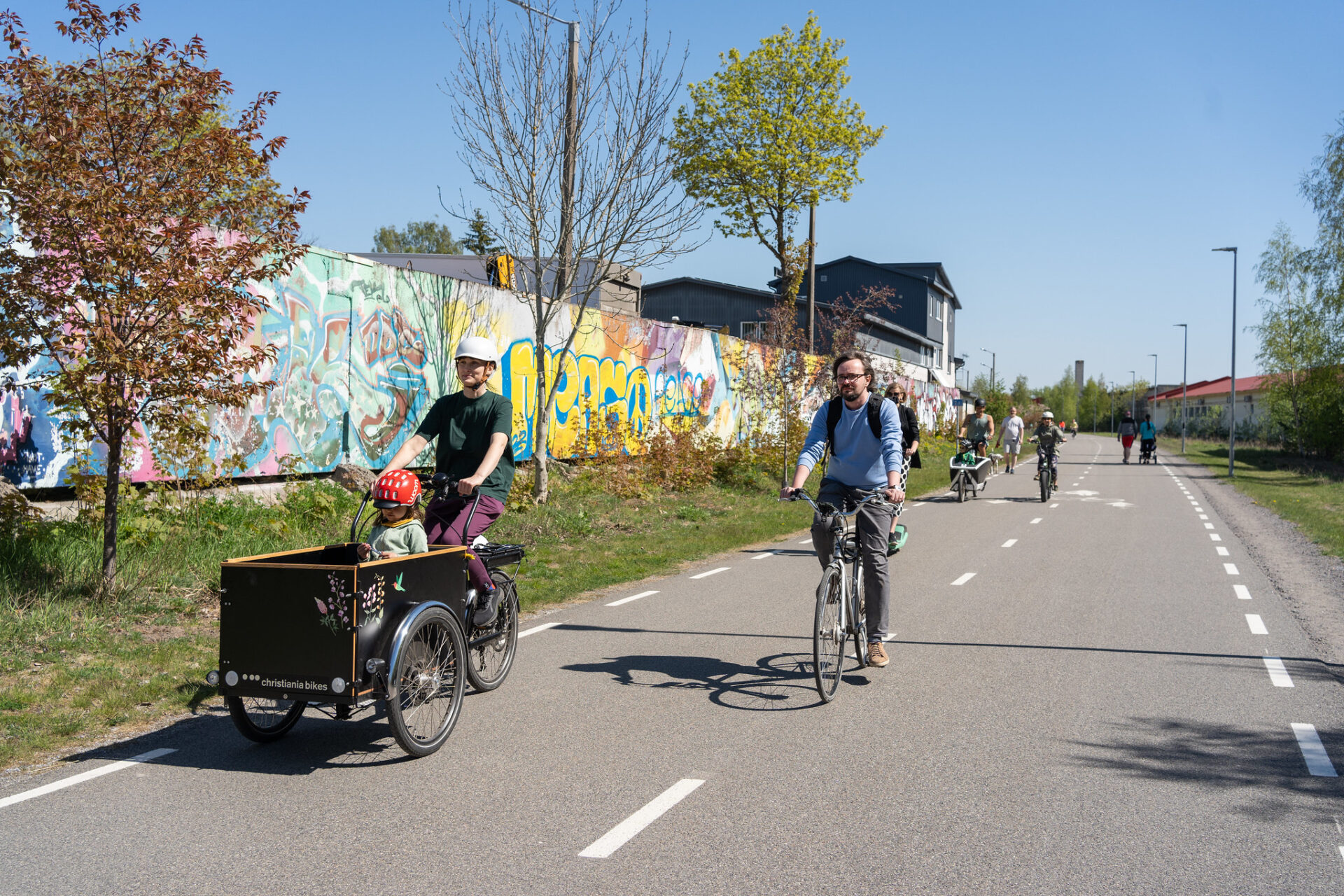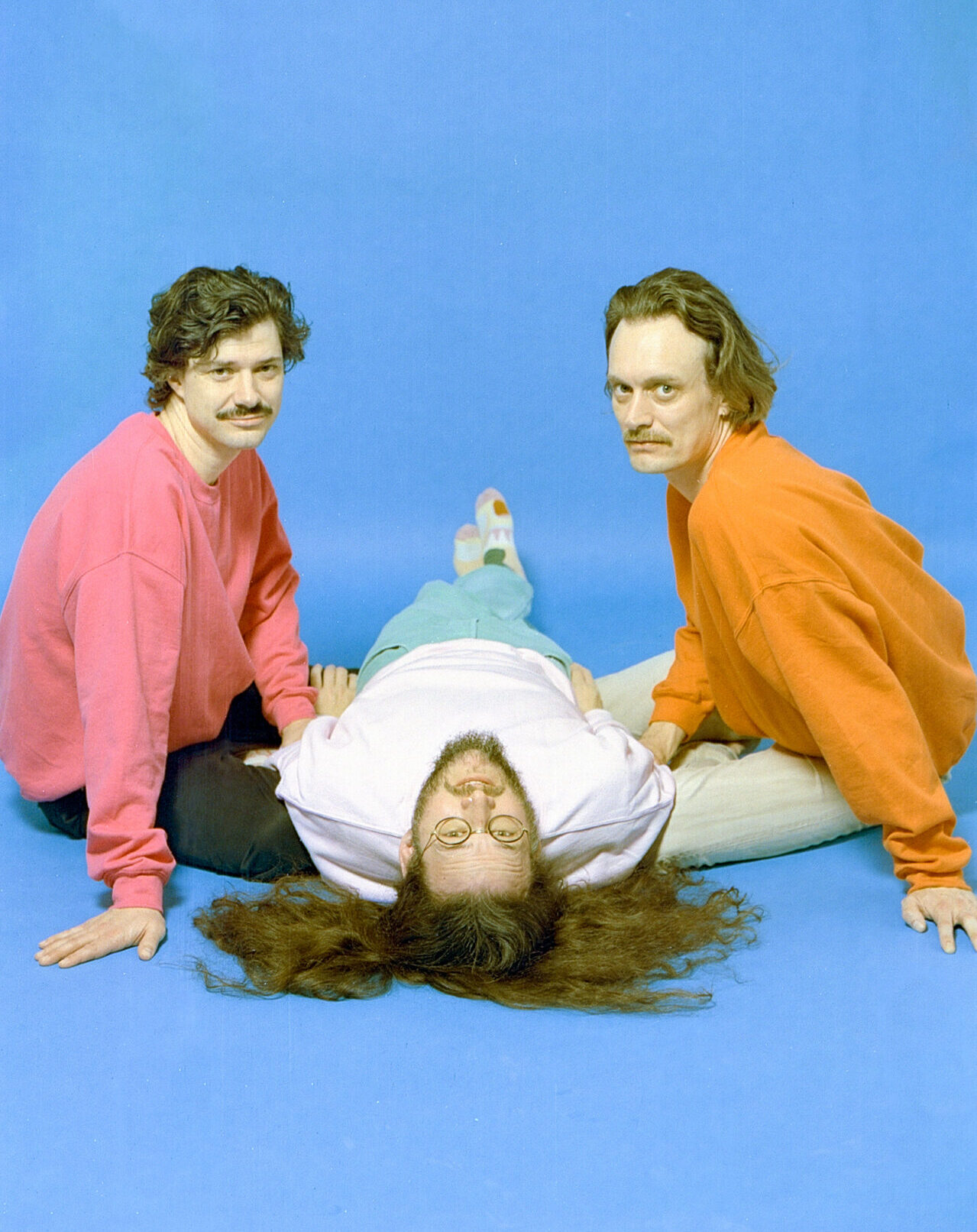Tallinn Music Week (TMW) in collaboration with the Viljandi Folk Music Festival and Tallinn, the UNESCO City of Music celebrates the end of 2023 by releasing green rider – a set of guidelines for sustainable events.
The presentation of the green rider for the Estonian music sector took place on 13th December at Philly Joe’s Jazz Club at an event celebrating the second anniversary of Tallinn as a UNESCO City of Music. A guide of recommendations and practical examples helps organisers align with the UN Sustainable Development Goals.
Deputy Mayor of Tallinn Kaarel Oja said at the event: “This collaboration is gratifying, and even more so is the realisation that the city and the music sector share the same dreams. We jointly value improving accessibility to music events and think seriously about organising events with a smaller footprint.”
Founder of TMW Helen Sildna comments: “Putting music and culture into the context of the UN Sustainable Development Goals will help us develop a value system that not only pays attention to the green targets that we have to commit to but also the broader socio-economic dimension, humanitarian cause and societal impact.” She adds: “By looking at our sector through the lens of these 17 goals, we can develop a balanced approach to connect us better to sectors and partners from education to city planning. Working on this study was an eye-opening process supporting our confidence in music and culture’s broad positive impact. To be continued.”
“It is not yet possible to be completely eco-friendly in this industry but we do have green aspirations that we’d love for you to consider,” says Kertu Süld, the green rider’s project manager and TMW’s Sustainability Officer. She adds: “Through hands-on guidelines and communication, we hope that we can develop a greener way.”
Not only will the new guidebook help music organisations reduce their footprint, but it also states alternatives for promoters, venues and festivals to steer towards re-usability and smart solutions. The green rider is divided into eight paragraphs, starting with self-analysis, covering major environmental impactors in the organisation, and wrapping up with communication guidelines. Focusing on the environmental impact of live music, each sub-chapter outlines the possible activities at both the minimum and the advanced levels. There are specific examples of activities from Tallinn and other Estonian cities and regions as well as from elsewhere in Europe.
Within the framework of the project, a survey was conducted among Estonian music organisations on current sustainable solutions and future possibilities. Both positive examples and areas of concern were mapped in round tables of experts throughout the year. The best experiences and practices of the European Capital of Culture Tartu 2024 and European Green Capital Tallinn 2023 were also taken into account during the completion of the project. The green rider was created in partnership with Viljandi Folk Music Festival and overseen by the festival’s Sustainability Officer Kirsika Meresmaa.
From spring 2024, music event promoters are advised to follow the green rider guidelines.
A newly launched green rider is part of the project “Sustainable Music City: Tallinn’s Music Sector in the Perspective of Sustainable Development Goals”
More info:
Tallinn, UNESCO City of Music
Tallinn Music Week
Viljandi Folk Music Festival

